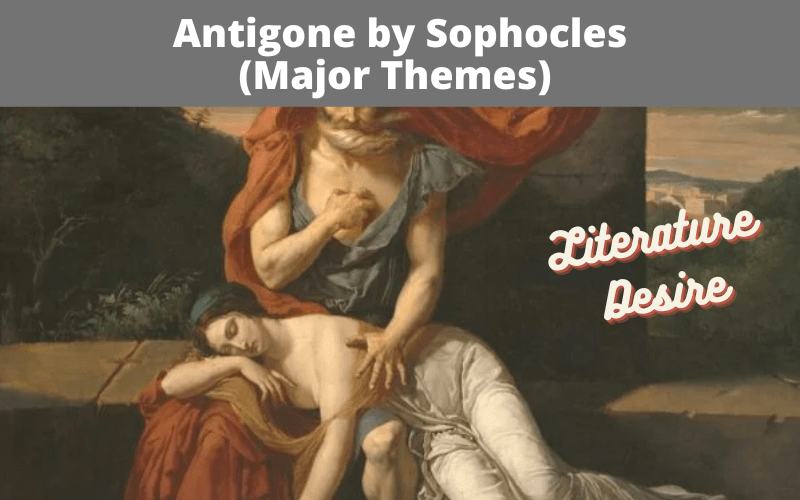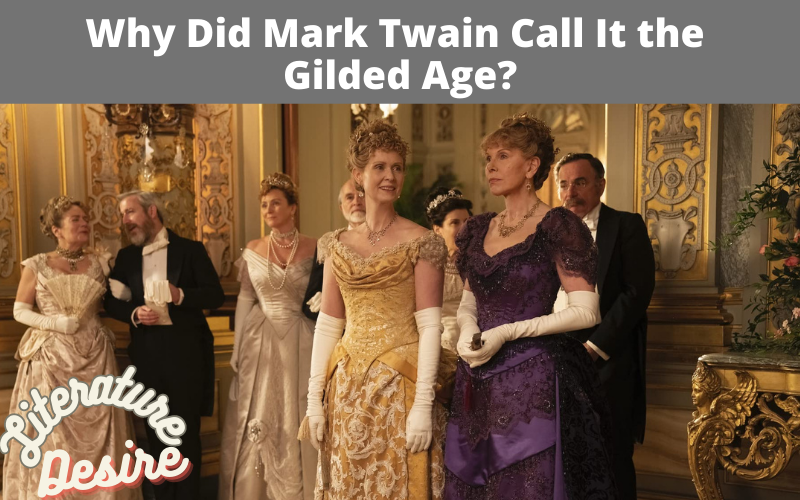Sophocles wrote Antigone, an Athenian tragedy, in 441 BC. It was first performed at the Festival of Dionysus of the same year. It is supposed to be the second oldest living play of Sophocles, preceded by Ajax, which was written during the same period. In this article, we will be discussing major themes in Antigone.
This tragedy is one of the trilogy: Oedipus Rex, Oedipus at Colonus, and Antigone. The tragedy is about the aftershock of a civil war in which the two sons of Oedipus, Eteocles, and Polyneices, execute each other. The new king and their successor, Creon, tries to punish Polyneices for his betrayal by not burying him properly.
Major Themes in Antigone | Antigone by Sophocles
What are the major themes in the play Antigone?
In Greece, custom, tradition, and God’s law played an important role In Antigone; Sophocles describes the themes according to the situations of the play Antigone. Fate vs. Free Will, Familial Duties vs. States Law, disregarding God’s rules, Pride (Hubris), and Gender Discrimination are major themes in Antigone.
Fate vs. Free Will: A Major Theme in Antigone
In the play, Antigone knows about the punishment of the body of Polynieces. But still, she is at ambitions to bury her brother. Creon’s edict states that one who will try to bury the body of Polynieces will be strictly punished and stoned to death. Here Antigone knows what will happen if she will try to bury her brother. She is aware of her fate but still, her free will forces her to do what is right according to God’s law.

Familial Duties vs. States Law:
According to state law, it is said that one who will try to bury the dead body of Polynices will be stoned to death. Creon’s decree states that the dead body of Polynieces will be left unburied. When Antigone says her sister Ismene that she is going to bury her brother, Ismene says it’s against the edict of Creon. According to state law, Polynieces was a traitor. So he deserved to be left unburied. Ismene tries to convince Antigone not to go against the state’s law and not to violate the rules of Creon. But Antigone states that familial duties are superior to states Law. So she says that she’ll bury her brother Polynieces
Disregard God’s Rules: Major Themes in Antigone
Creon’s edict that Polynieces should be left unburied goes against the rules of God. Because God says that one who dies should be given a proper burial. But Creon uses his power for his self-interest. He finds his rules superior to the rules of God.
Pride (Hubris): A Major Theme in Antigone
In Antigone, we can see easily that there is pride in the character of Creon. He finds nothing superior to his edict. He is arrogant because he is a king really a pride king. His orders are against the law of God but still, he is proud to unbury Polynieces. When he punishes Antigone, he says that he is a king and he’ll do what he wants to do, if it is against God’s law. He commits pride in his actions.
Gender Discrimination: A Major Theme in Antigone
As Antigone is a female so Creon says that he is a male, he is the primary character so his rules are superior to that of the secondary character of Antigone.



